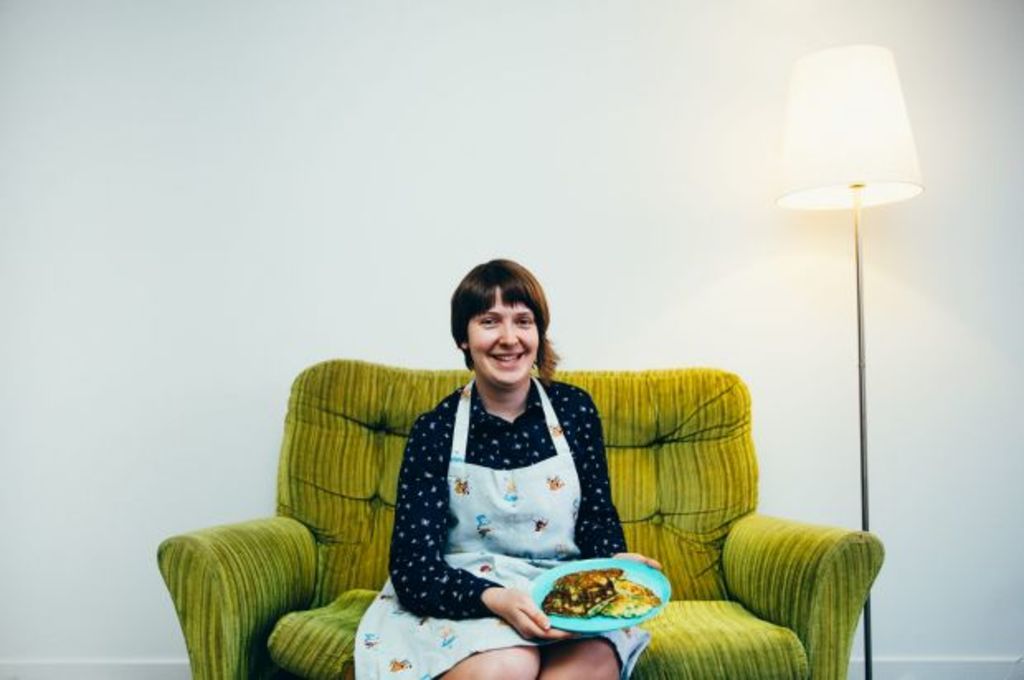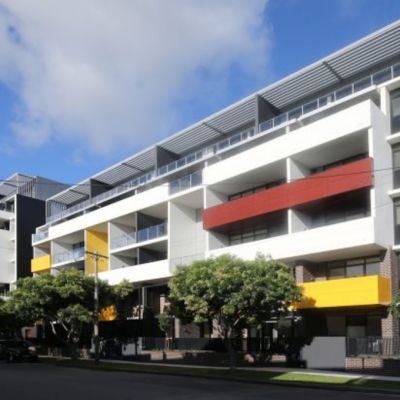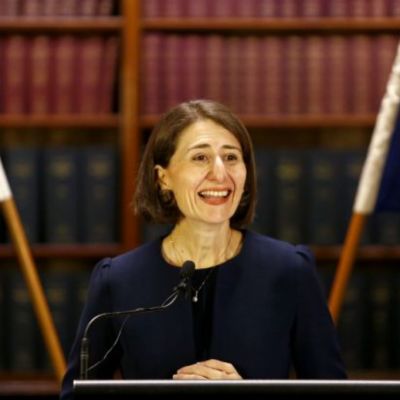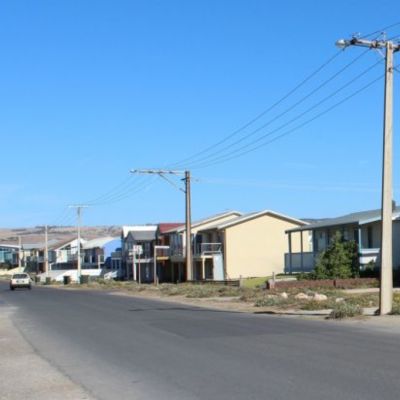Here's what an affordable housing tenant actually looks like

When you think of affordable housing tenants Sydneysider Alice Anderson probably isn’t the type of person that springs to mind.
While the 27-year-old works five days a week, her moderate income means she’s one of a growing number of Sydneysiders struggling to afford to rent in the area she grew up in and works.
“People assume you have to be on welfare [to be in affordable housing],” she said. “One of the biggest misconceptions about it is that nobody works, everyone’s lazy.”
“Sydney is expensive, and with rents rising above incomes it means it’s becoming harder to comfortably live in the city you’re working in,” she added.
While Alice welcomes proposals to increase the supply of affordable housing, she thinks more needs to be done to educate people on what affordable housing actually is.
Often confused with social housing, affordable housing is built for very low to moderate income households and priced so they are able to meet other basic living costs. While affordable housing tenants do not have to be eligible for social housing, people who are eligible for social housing may also be able to qualify for affordable housing.
If it wasn’t for her Everleigh studio apartment at City West Housing‘s Platform Apartments – where rents are capped at a maximum of 30 per cent of a household’s income – Alice believes she’d struggle to get by and would have had to move away from the friendship groups and services she grew up with.
“When I moved in two years ago I was on about $40,000 annually, now I’m almost on $55,000,” said Alice who currently pays about $284 rent a week.
“My rent has increased since then as my wages have gone up. There will probably come a point where I’ll be earning too much and will have to move out, but this has given me a good chance to save.”
An affordable housing tenant living alone can currently earn a maximum gross annual income of $59,900, according to the Centre for Affordable Housing’s eligibility guidelines.
With the maximum income for a household increasing by $30,000 for every additional adult and $18,000 for every additional child, a couple with four children could still be considered as moderate earners with a combined income of $161,900.
City West Housing tenancy services manager Christina Hough said a diverse range of tenants and household types lived in the housing provider’s 731 affordable homes, which house more than 1400 people, including key workers like nurses, teachers and emergency service personnel.
She said the widening gap between the eligibility for social housing and the rising cost of the private rental market, meant there was huge demand for more affordable housing.
“We’ve got hundreds of people on our waitings lists, and we don’t even promote them,” she said, noting that with an estimated 60,000 people on the social housing waiting list at least 100,000 additional affordable housing properties were needed in NSW.
Andrea Galloway, chief executive officer of community housing provider Evolve Housing, said an estimated 44 per cent of NSW households were living in financial stress, and noted there was a huge shortage of affordable housing, particularly for single person households, which are forecast to significantly increase in the coming decades.
Of the 603 properties managed by Evolve Housing, 40 per cent are occupied by singles, 30 per cent by single parent families, 20 per cent by couples with children and just 10 per cent by couples without children.
She noted apart from giving low to moderate income workers the opportunity to find affordable accommodation close to where they worked and providing an opportunity for some households to save for a house deposit, affordable housing also provided a stepping stone for social housing tenants into the private rental market.
When Felicia Heggarty moved into one of Evolve Housing’s 170 studio apartments two years ago with her fiance Adrian Cooper, the pair had been sleeping rough for a year and a half while waiting for social housing.
Benefit payments initially enabled the couple to cover their below market rent for the studio but they upgraded to a two-bedroom apartment after securing work – Adrian as a full-time driver for a crane company and Felicia as a part time cleaner.
Earlier this month, the pair, who are expecting a child in May, were able to move back into the private rental market and are now renting a five-bedroom home in Penrith.
“When this lease ended we were no longer under the income bracket and wouldn’t have expected to stay in that place when it could be helping other people, so that they can one day have the ability like us to go out and rent properly.”
She said the couple’s time at Evolve enabled them to develop a rental history and use their income to save for a bond, buy white goods for a home and improve their qualifications.
We recommend
We thought you might like
States
Capital Cities
Capital Cities - Rentals
Popular Areas
Allhomes
More










